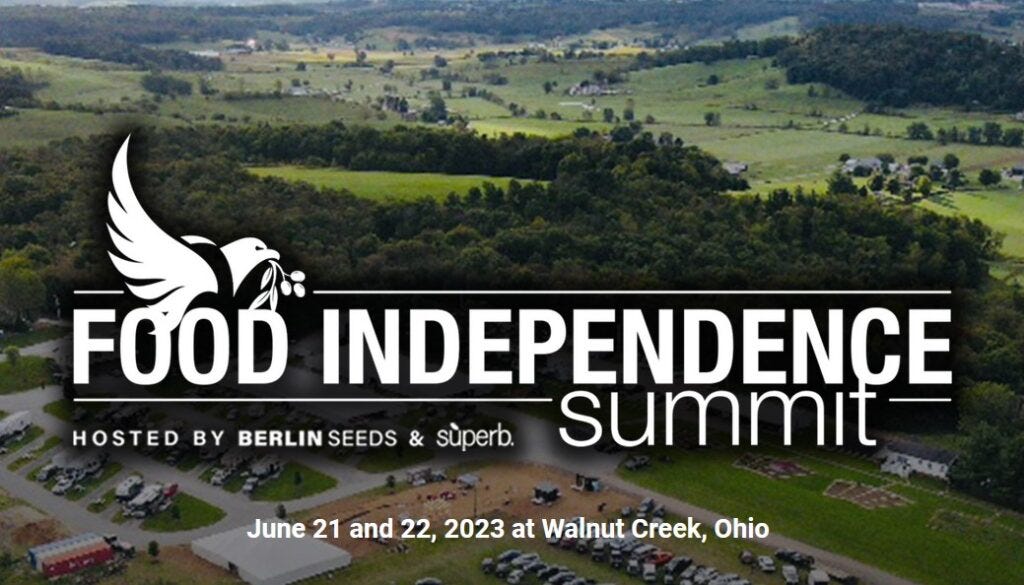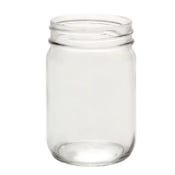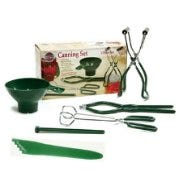
What is Food Security? What is Food Independence?
Updated March, 2023
Food security and food independence are terms that are sometimes misunderstood, but both are used more frequently on the heels of regional disasters or during times of heightened awareness/concern about the stability of ones way of life. The concern (whether it is happening in real-time, or a perceived threat) can most often be powered by any combination of financial/political instability, biological/ecological, or weather/climate events or trends.
What is Food Security?
Food security means having, at all times, both physical and economic access to sufficient food to meet dietary needs for a productive and healthy life.
USAID.GOV
People are food secure when they are not hungry or in danger of going hungry. This means that they have access to affordable foods of nutritional value. Often, urban areas are identified as food insecure for a variety of reasons: food options are limited in quantity, not nutritionally sound, not affordable, or not reasonably accessible. For those who rely on public transportation, the logistics of shopping for a family can be daunting, and choices can be very limited. Food insecurity is a challenge for some households regardless of the rest of their region’s stability.
Additional challenges to consider are:
- cost of transport (just to get to the store & back)
- ability to transport foods in a safe manner to one’s home
- Does food need to be carried on a bus, subway? If so, is the temperature suitable for the length of time? Will it cause things to spoil more quickly, causing waste? Are items like produce getting bruised, causing waste?
- If the shopper was walking to the store, the same challenges would apply.
- space for storage
- ability to safely store foods (properly refrigerated or frozen, safe from pests or other spoilage)
How can we increase Food Security?
There are many ways to take on this challenge. Food security can be increased when the hurdles above become more manageable. Government agencies can drive some parts of the solution; better use of data in urban planning with this in mind, measures that encourage markets/grocers to thrive closer to areas of high food insecurities, and special transport considerations for those relying on public transit. Grass roots organizations can also play an important role, especially within communities, mentoring, educating and facilitating connections to reduce the literal and figurative gaps between people and good food.
In our area, the PA Healthy Pantry Initiative works with Feeding Pennsylvania to help families increase their food security. They also build relationships with farmers to match up surplus with existing needs. Empowering people with the knowledge and skills to make the most of what is available, preserving what they can, making healthier, more useful ingredients available to increasing opportunities for growing ingredients are pieces of a sustainable solution.

What is Food Independence?
A household with true food independence claims complete control over their food supply by growing, harvesting, foraging, hunting & preserving to cover all of their food needs. Food independence is often a key component of preppers. While this often is associated with single households, an arguably stronger realized sense of food independence with more stability and sustainability can happen within communities in which relationships are built, and households work together, as opposed to the “we’re on our own” mentality.
How can you increase food independence?
While true food independence is really only a possibility for a very small fraction of the population, homesteaders (both rural and urban) employ a wide range of practices to lower their food dependence on the systems in place around them. Learning how to grow some of what you need, learning how to safely preserve foods in a variety of ways, making some select things (like bread, soup, etc) from scratch, and building relationships with other growers, farmers, and homesteaders can be quite useful when economic stressors come along. You do not need to consider yourself a homesteader, and you don’t need to do it all! Generally, the more of these homesteading practices you employ, the more food independence you can achieve, and the more food secure you will be. Do some research and decide what makes the most sense for where you are and what resources you have.
Melissa Norris shares about her family’s homesteading journey here…and while they are in a rural location, there are many practices or habits applicable to just about anyone.
You can find a wide variety of recipes for safely preserving food, storage solutions, and DIY tips on our blog, and essential preserving tools & supplies here.
Sharon has an extensive collection of canning recipes, from green beans to elk, at Simply Canning. Bonus…she’s adopted many homesteading habits, and often shares about them along the way.
Marisa of Food in Jars, shares a wonderful archive of canning recipes and homemade recipes. As she resides in the city of Philadelphia, the size of her batches reflects what is possible in a small urban kitchen.
You’ll find many tips to “Grow * Preserve * Thrive” with the Josh & Carolyn’s Homesteading Family.
Living Homegrown shares “how to live farm fresh without the farm” and covers topics like preserving, homesteading in small spaces, and sustainable practices.
Joel Salatin is well know for his expertise in (as he affectionately calls it) farming like a lunatic. His family farm, Polyface Farm, serves as a thriving business for his family and as an agricultural classroom. Learn more about his methods and resources here.
School of Traditional Skills offers classes with experienced homesteaders on how to live more sustainably for a reasonable fee.
Throughout the year, there are often homesteading focused gatherings and summits. You’ll find a wide range of homesteading related resources available in this Off-Grid Homestead Bundle – which happens to be on sale right now! Mother Earth News Fair is available online.
This year, June 21 & 22, 2023, the 2nd annual Food Independence Summit will be held in Ohio, coordinated by the folks at Superb Canning. You’ll want to check it out!










0 Comments